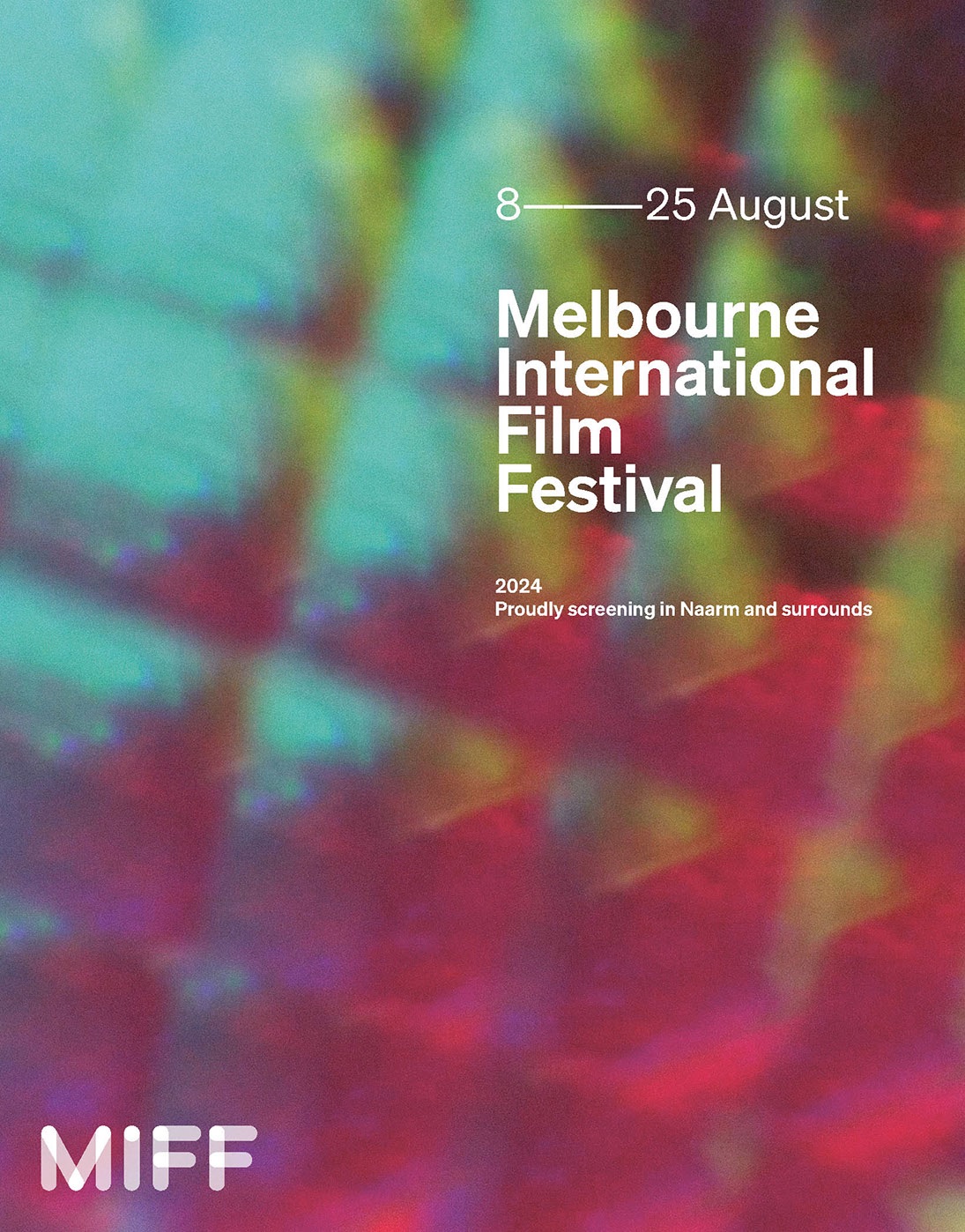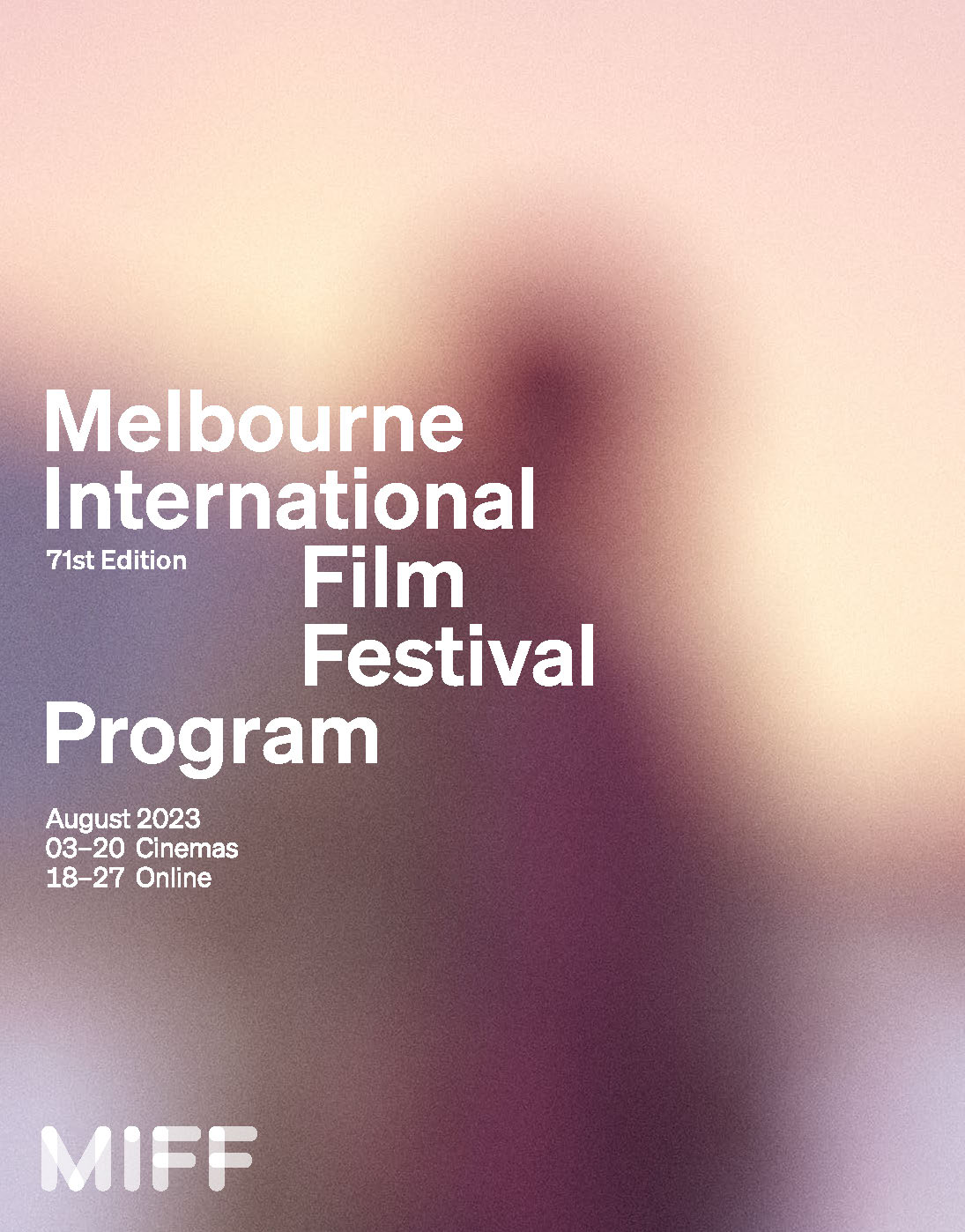Festival Archive (1952–2024)
The MIFF online archive contains 72 past editions of the festival (1952–2024) for you to browse or search through. We hope the archive will be a resource used by festival-goers, film lovers, students, historians and whoever else would like to learn more about the types of films MIFF has screened over the years, or to track the trajectory of the festival’s curatorship, its directors and its scope.
You can search by festival year, film title, director or place of origin.
A big thank you to our MIFF volunteers and partners who have helped make this archive possible.
Please note: This archive is an ongoing body of work. With over 12,000 film synopses and more than 9000 directors’ names, there may appear a few typos here and there as our database comes to terms with special characters (my, there was a huge amount of Eastern European cinema screened at the festival back in the 60s!) and other items that need manual tweaking. Similarly, sometimes the credit information (director, year, etc.) isn’t available, so these fields may be left blank; we are slowly filling these in with further research.








































































